In recent times, there has been a renewed interest in the Partition of India and Pakistan, especially among pop-culture enthusiasts around the world. The reason behind this sudden interest is the limited, superficial, fictional, yet impactful portrayal of the Partition in the recent Marvel Cinematic Universe entry, Ms Marvel. The show portrays the origins of the first female South Asian superhero, Kamala Khan aka Ms Marvel, and focuses on the trauma of the Partition that her family—in particular, the women—have endured through generations.
The fact is, this interest needs to be nurtured and grown because traumatic as it was—and let’s accept that the trauma of the Partition is a shared experience for women across the Indian subcontinent, especially those in India, Pakistan and Bangladesh—this critical event in history highlights women’s lack of rights and suffering like very few other events in global history can. Apart from mass migration, the Partition witnessed immense violence meted out to women and girls—a suffering which, experts believe, has indeed been generationally passed down to descendants of refugee women and lost women. So, like shown in Ms Marvel, the Partition does have ramifications for Indian, Pakistani and Bangladeshi women living today.
Given this reluctant yet critical inheritance, women and girls today should be taught more about the Partition so that they can understand how an entire generation of women coped or lived with the erosion of human rights and still, was able to pass on human values to the next generation of women. The fact remains that the suffering they endured and the hope they instilled is still capable of inspiring millions. Here are some impactful books about the Partition that every woman—whether she’s South Asian or just a Ms Marvel fan—should read.

Pinjar, by Amrita Pritam
Pinjar might be a work of fiction, but it is a masterful depiction of the horrors of the Partition and how it impacted women’s bodies and minds in pre-Partition and Partition times. Author Amrita Pritam was 31 when she wrote this, her debut novel, in 1950. As a woman who shifted from Lahore to India in 1947, she was, in many ways, a contemporary who understood the plight of women living through the same times. The story of Pooro, a Hindu girl abducted by Rashid, a Muslim man, has captured the imaginations of millions over the decades—so much so that a critically acclaimed movie based on the novel was also made. Pooro’s journey from being a joyful girl, to a skeleton imprisoned in hopelessness, to Hamida, a woman who is constantly traumatised by her sufferings, is one every woman should get familiar with.
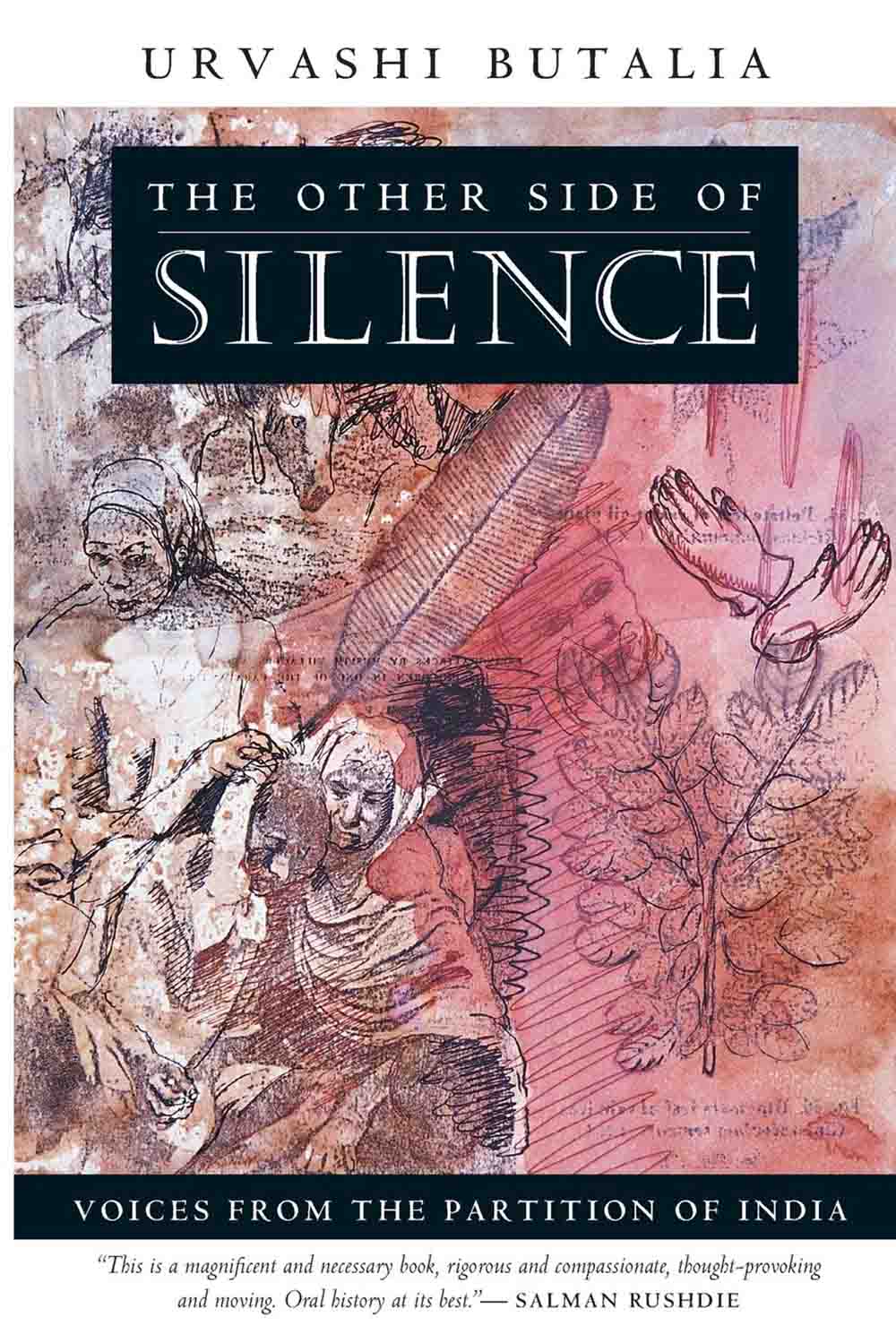
The Other Side Of Silence, by Urvashi Butalia
This classic book, published in 1998, is reputed to be the first to exhume the personal trauma experienced by individuals who migrated during the Partition. Butalia, who is not only a scholar teaching at the University of Delhi but also the co-founder of Kali for Women, India’s first feminist publishing house, interviewed refugees to locate private pain endured by families within the larger political context of the cataclysmic event. Butalia reveals in the book how people who are always put in the margins of history, especially women and those who are considered to belong to “lower castes”, were affected the most during Partition. The book is also the first major work of oral history, which preserves real, oral narratives of survivors, to come out of India—and its value has never dimmed over the last 20 years.
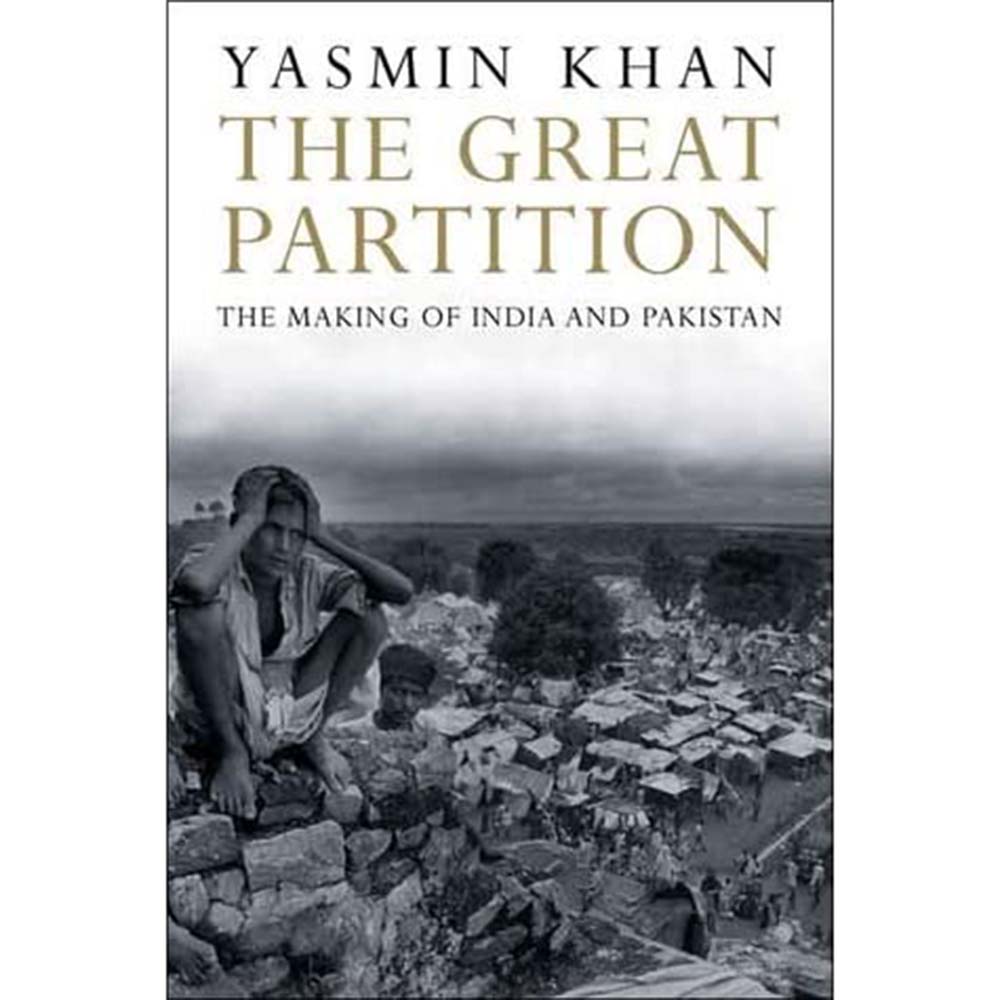
The Great Partition, by Yasmin Khan
Published in 2007, this book explains how the impact of the Partition can reverberate through time, even now that 75 years have passed. Author Yasmin Khan, who is a reputed history scholar from Oxford, analyses how the Partition—which was one of the first events of decolonisation in the 20th century—led to the mass migration of nearly 10-15 million people, and the death of over a million people. Comparing the political plans for the Partition with the ground reality of what happened, Khan explains, shows how misplaced the entire event was. She exposes the catastrophic human cost of the Partition and how the repercussions were felt constantly down the decades.
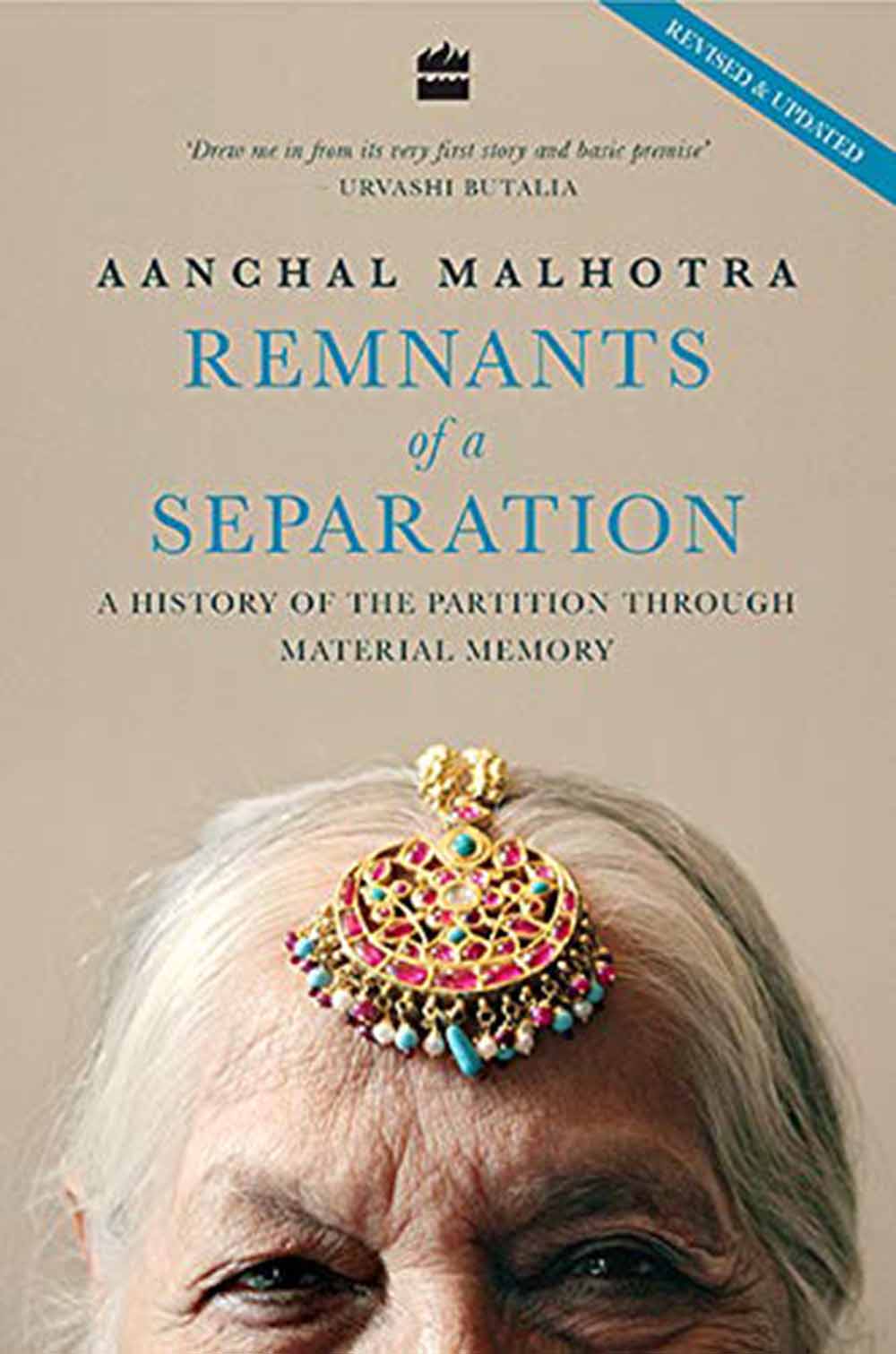
Remnants Of A Separation: A History Of The Partition Through Material Memory, by Aanchal Malhotra
While Butalia’s work was the first time the oral histories of Partition survivors were recorded, Aanchal Malhotra’s Remnants was the first work—and the only one till date—that studies the belongings these refugees carried with themselves. Published in 2017, this book looked at how much value the migrants had attached to the little they carried with themselves while moving from one part of the subcontinent to the other, uprooting their entire lives. Malhotra records how all these material remnants absorbed memories of past grandeur and emotions, whether it’s a string of pearls or a notebook of poems. This work on material memory is one of the few which makes the events and repercussions of the Partition tangible and real even today.
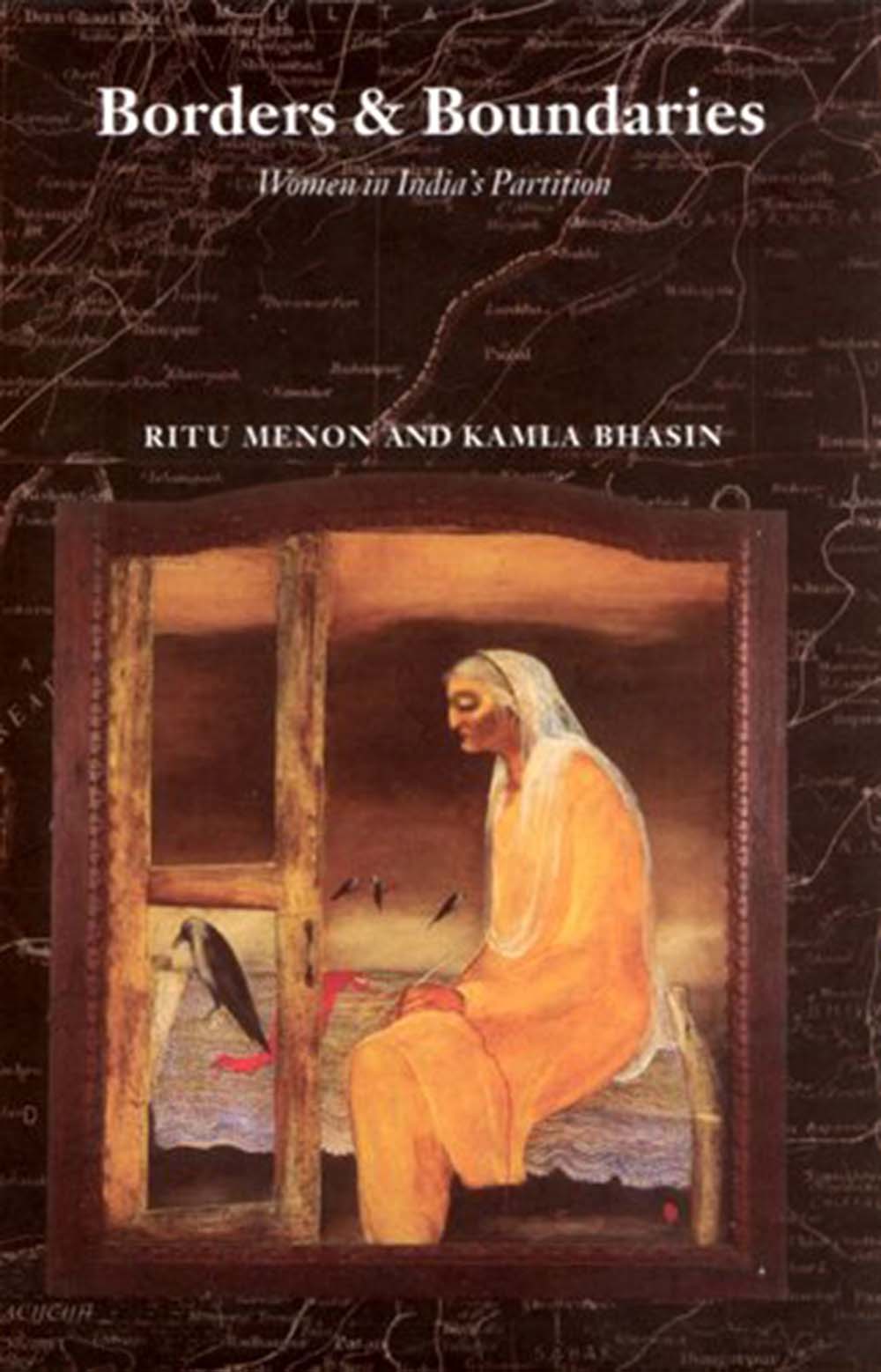
Borders & Boundaries: Women In India’s Partition, by Kamla Bhasin and Ritu Menon
There are many books that explain the ground realities of the 1940s, the freedom struggle and the way communal violence unfolded during the Partition. Most of these are official accounts that provide facts of politics, policies and numbers. Borders and Boundaries goes beyond that by being a rare feminist insight into the events. Bhasin and Menon make the stories of women visible and central by bringing first-hand accounts and memoirs to the foreground of their narrative. They explore what the migratory event meant for women, while addressing key issues like the gendering of citizenship.
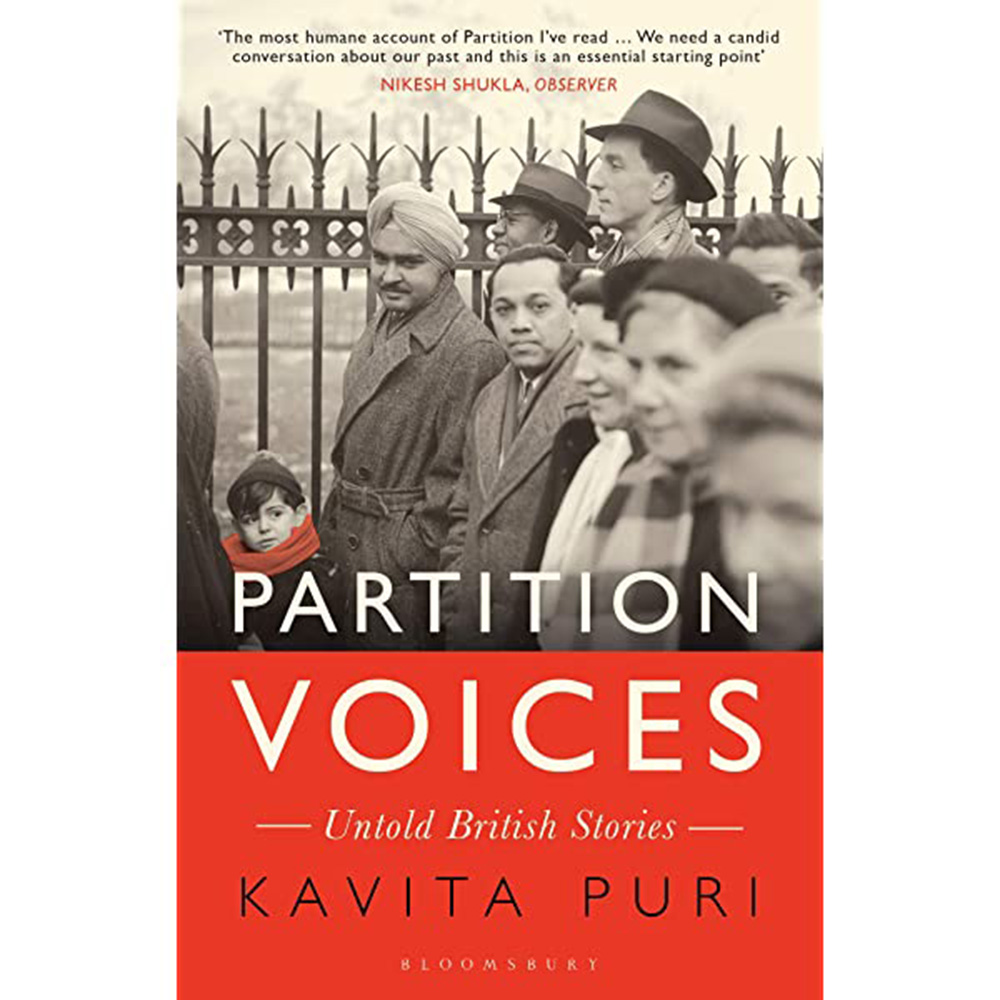
Partition Voices: Untold British Stories, by Kavita Puri
When the Partition happened, people didn’t just moved to and from India—many also moved to Britain and other parts of the world, clinging to the hope of making a better future. Author Kavita Puri’s father was one of these refugees, and he had moved to Britain in 1947, after making a harrowing escape from the subcontinent. This personal history compelled Puri to seek out other British-Indian refugees, who provided her with first-hand stories about ruptured families, daring journeys and rescues, and extraordinary pain, loss and compassion. Since all these families are now a part of the British tapestry, Partition Voices makes for a compelling read about current-day Britain’s shared history with India.
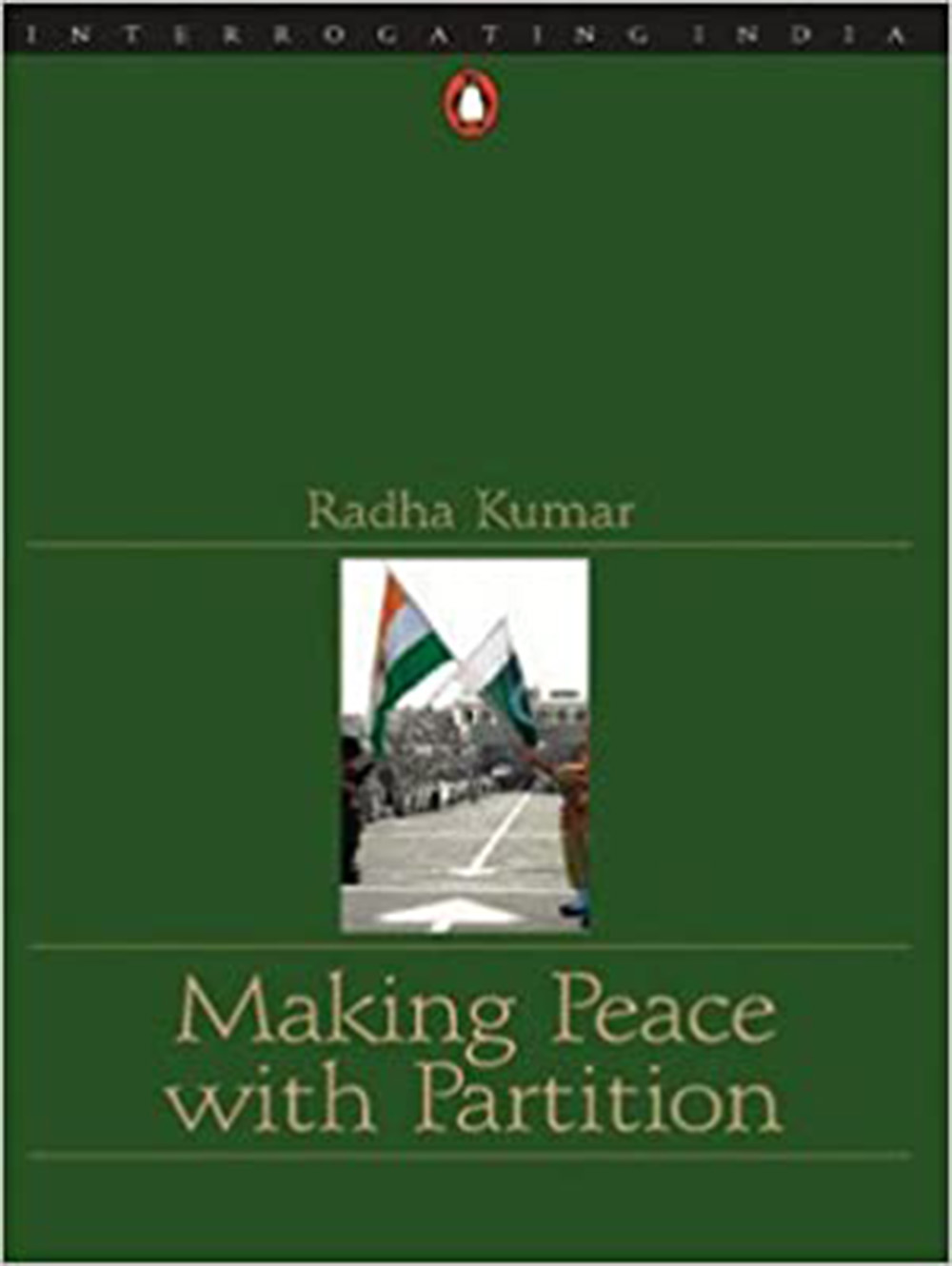
Making Peace With Partition, by Radha Kumar
Apart from having a lasting impact on millions of refugees from both sides of the border, the Partition also left another legacy—that of a lasting bitterness between the two newborn nations of India and Pakistan. Radha Kumar’s book assesses this long shadow of mistrust, which was only added to with the three wars both nations have fought since 1947. Kumar traces the chief obstacles to lasting peace back to the Partition and its ramifications. In doing so, Kumar has also laid a path to peace by pinpointing the issues both nations need to resolve in order to move out of the Partition’s shadow, into a future with lasting peace.